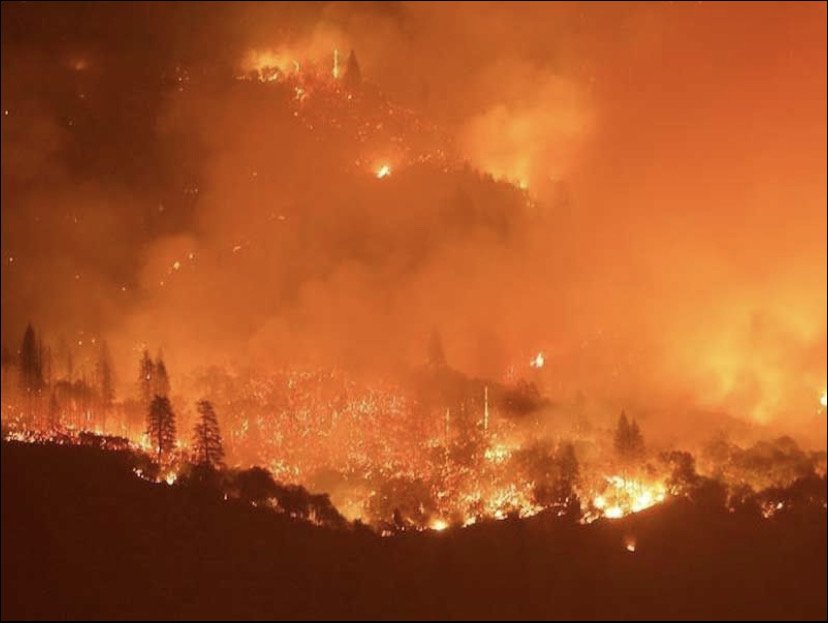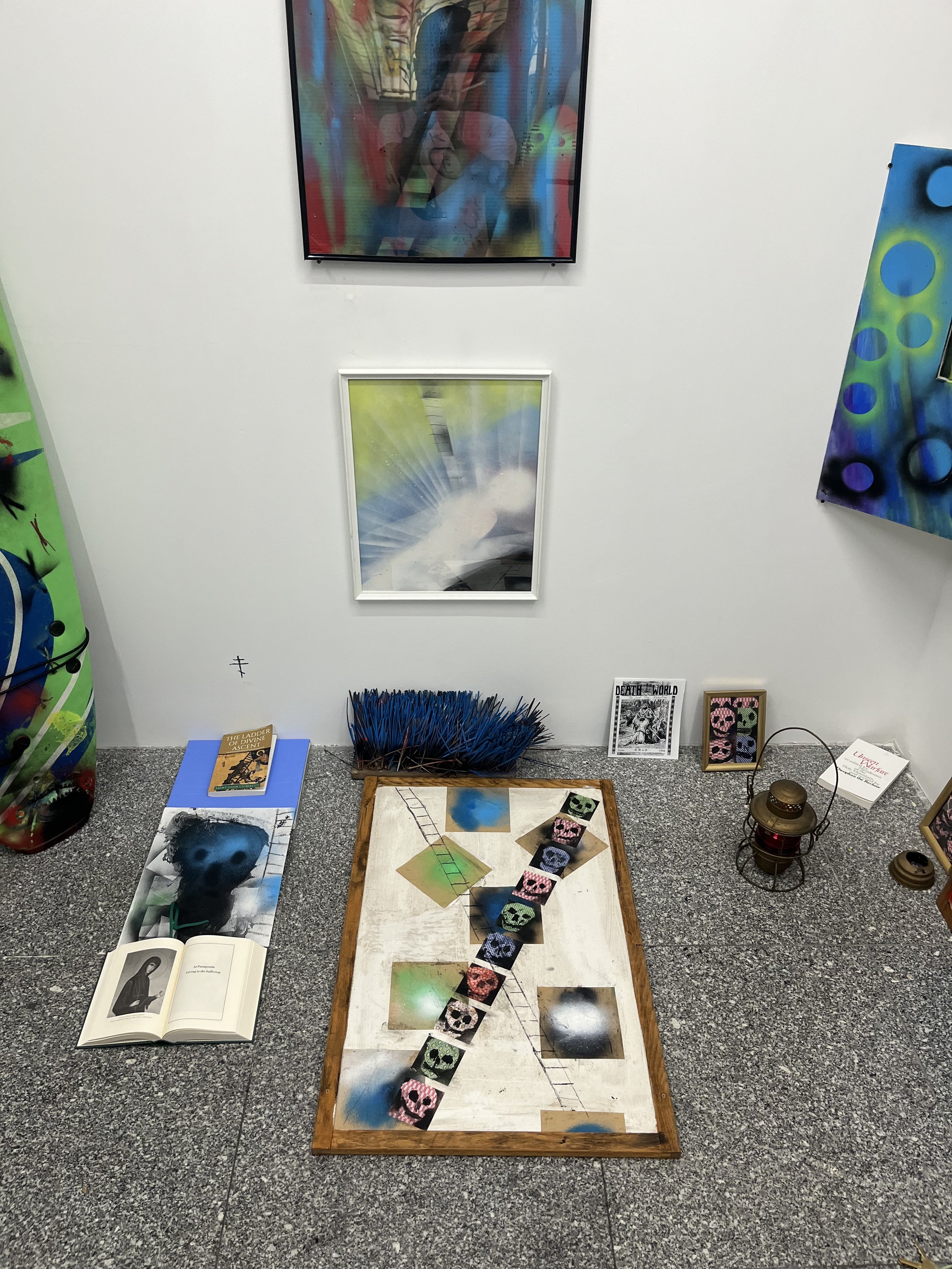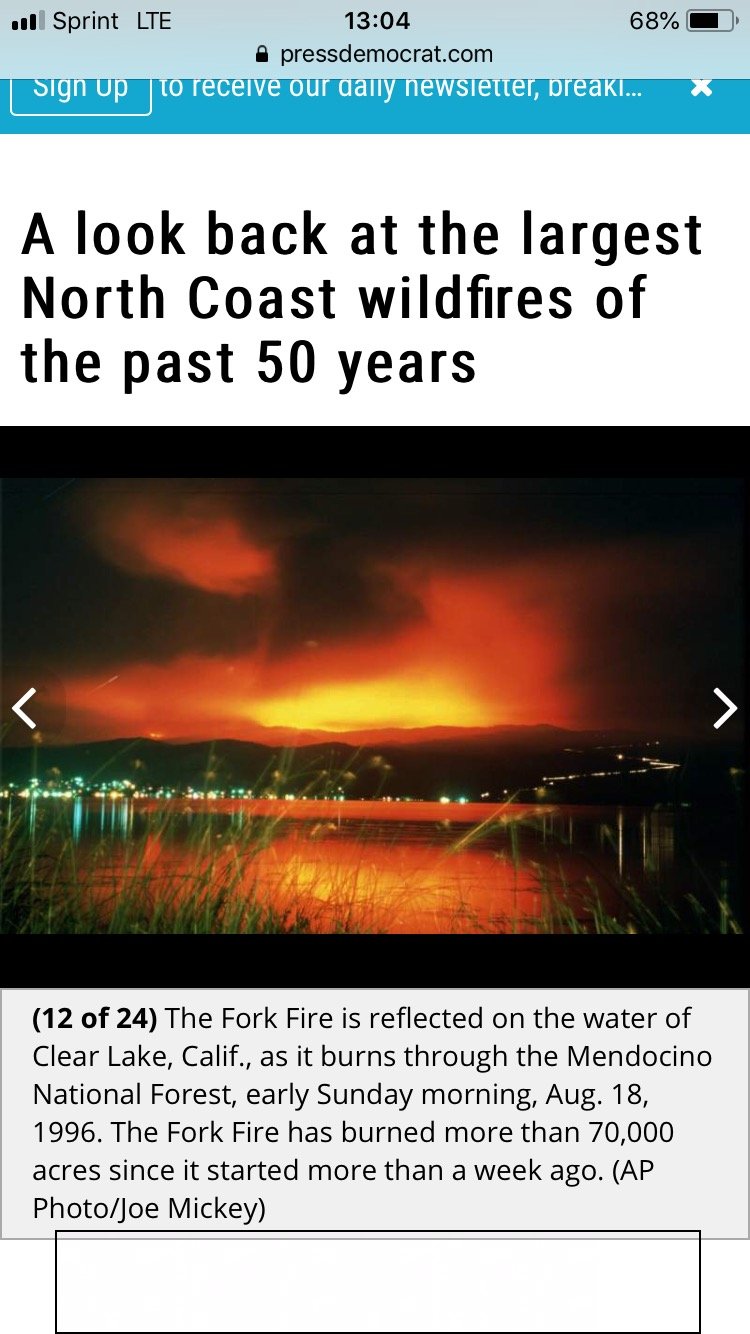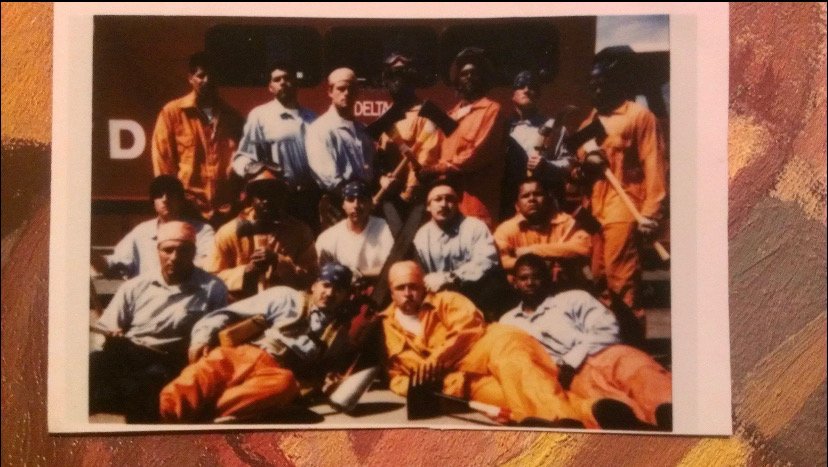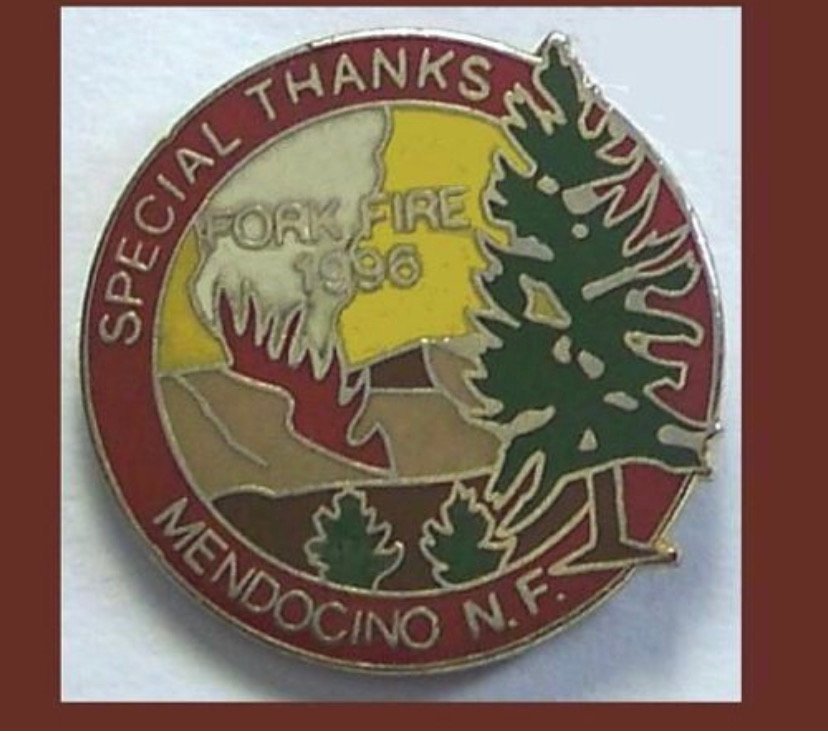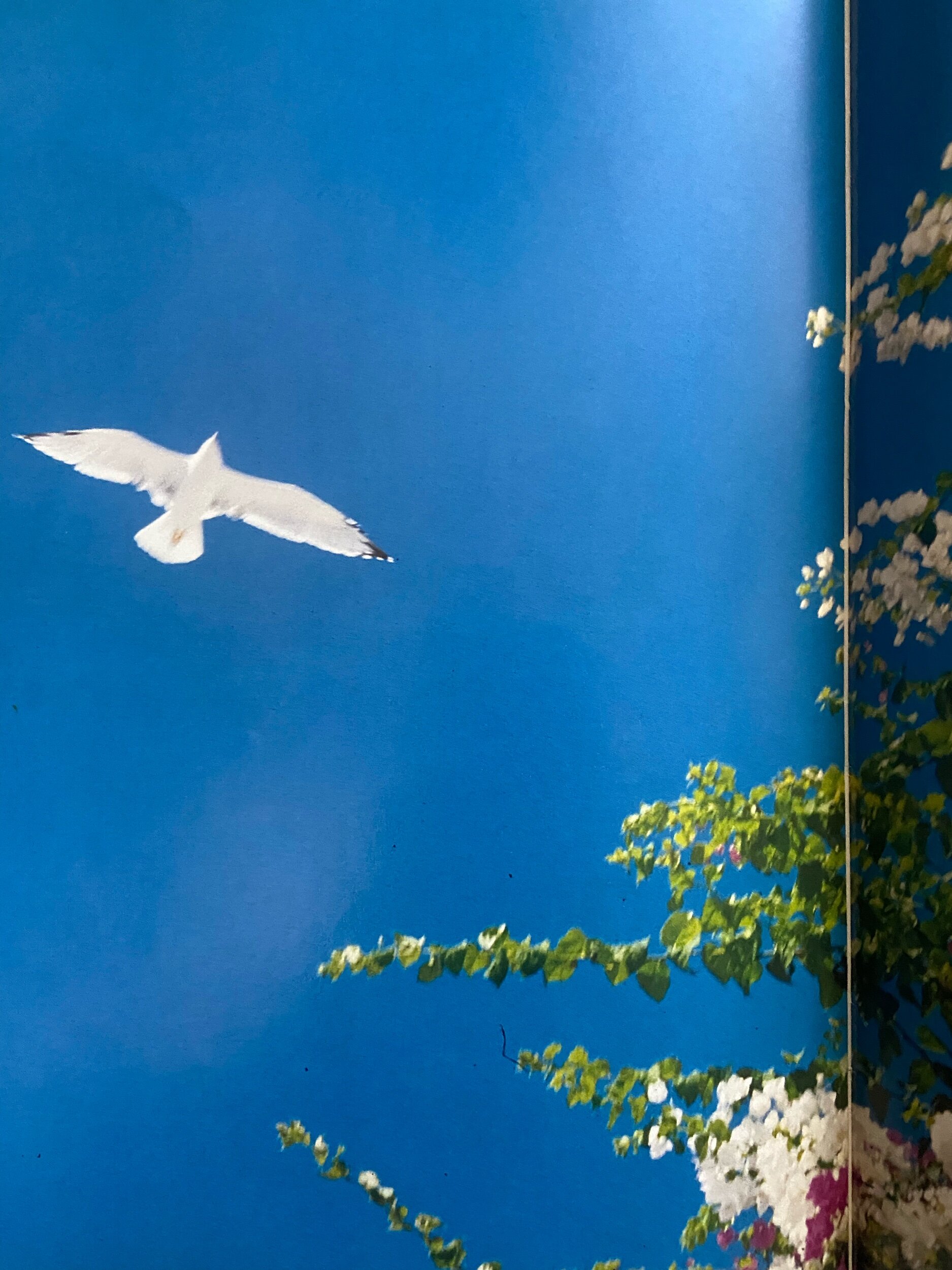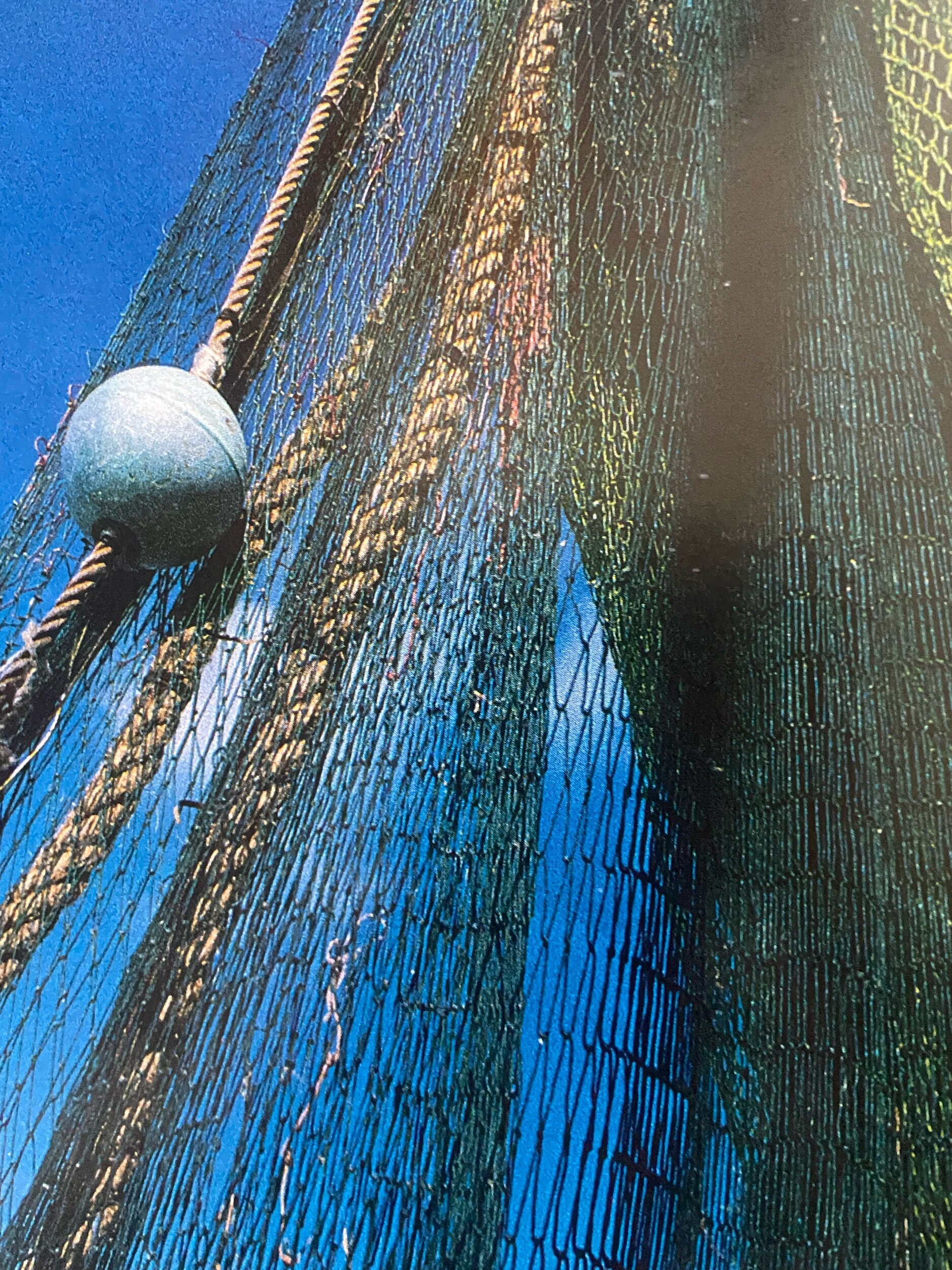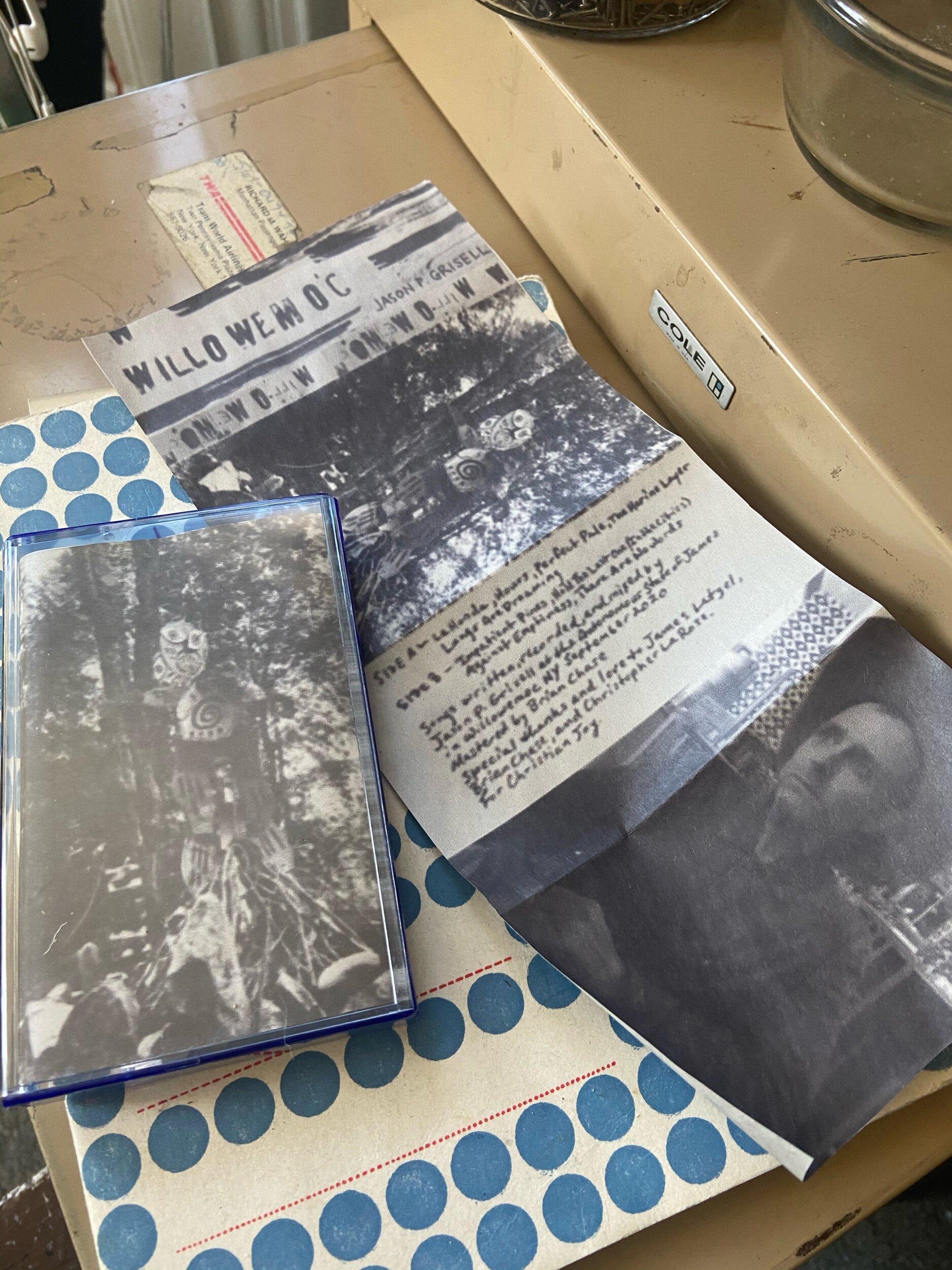The Owl
He took a drink. It was better than he thought it could be. The owl had flown by his window hours ago. He wondered where it was now. Maybe in a tree, or on a bit of twisted rusting fence, or a freeway sign? The room was low lit almost candle lit. A single bulb. The man was to the eye an indeterminate age perhaps thirties maybe forties. His face was shaven and looked like it had been burned by a dull razor. There were few things in the room. Several books and loose papers rested on a small table. The man thought to himself the meanings he had been told over the years- an owl passing in the night was some kind of an omen. He couldn’t remember the exact story. Perhaps it was a story of death. That seemed to be the clearest forgetting he could attain at the moment. If the air was thin he would breathe as best as he could. The trees outside of his window were winter time black stick skeletons waiting for wind to be dampened by leaves that would come later. He thought to himself if there was meaning in the color of the owl. The owl had been a light brown, the color of sand, perhaps with spots of white. It was hard to be sure. It’s flight was brief and appallingly sharp. It’s appearance had stunned the man’s waxen thoughts for a fleeting few seconds and had burned him with a confusion. He thought to himself that this confusion was a moment of feeling alive. The things which are held onto by people- for their gifts, revealed themselves sometimes to be horrible diminished offerings. If the comforts found there were real, then they were brief and mocking. He could count his money he had wrapped in the comic section of newspaper. It was a creative effort of a wallet. There was seven dollars in one dollar bills. He had bought some tea in the morning with a ten dollar bill. He had a few coins in his pocket. He lay down on the bed, which he had bought from a friend who had left the apartment above him three months ago. He had asked the friend if the mattress had bedbugs. The friend said no. If he listened to music in the mornings while laying in bed he would remember how it felt to be rested and hear the slightest whisperings of the feeling which was wonder. It had been three and a half weeks since his last temp job. His work was clerical, undefined and simple, menial entry and retraction of words and numbers usually for a business concerning supplies. He could honestly say he had never had a career. He didn’t finish any higher education, never learned a skill, and had no dream. Regarding a dream, he had waited patiently through his youth for the inspiration which had caught fire in all who were around him. It seemed to forget to tell him “this is your path which shall burn you with hunger and a thirst which will be slated by your satisfactions over and over as long as you (ye) shall live”. A hallucinatory anxiety was the ghost which came calling instead with voices and passions of fear saying in whispers that all was not right. Each disappearance in the landscape of peoples around him was the whispering. The man took a drink of his tea. The ceramic of the cup was chipped. He looked outside where there could have been people walking but there were none. He would on occasion see a feral cat that moved with the speed of fear underneath a quiet car, reaching trashcans, where it would eat from ripped plastic sacks. One cat was orange with a mangled ear and one eye. His neighbor called this cat Scrappy. Scrappy had fathered many of the cats in the neighborhood as evidenced by the six toed cats who shared the trait of the Father. The man thought of the time when he smoked. There was a time when almost everybody smoked. You could be in a doctors office smoking with your doctor while you discussed your health. You could be in a plane flying thousands of feet from the earth with hundreds of people, smoking with many of them. Nowadays what had taken the place of this odd habit? What was there? Was it enough to say that this wasn’t something that had to be replaced by anything, other than emptiness? It was only a thought that could be taken from a center of the universe point of view. Everywhere at every moment, people everywhere were having a smoke, tobacco (cultivated as we know some five hundred years ago), cigars, pipes, heroin, speed, crack, oh and of course he forgot weed. Why then had he chosen to deprive himself this irrationality and many others for that matter? He couldn’t remember even if somebody asked him. All that was to take this place of negation was a shape shifting kind of departure from the life of others. When he thought of this, he vaguely realized it was nothing more than the progression of isolation which he had began long ago, whole lifetimes of decisions ago.
His time in the next afternoon was spent in a quiet walk around the industrial area behind his building. He stood by the oil reclamation company, which lay behind an anonymous stucco wall that was painted a lifeless greyish white. He took in the odor of petroleum that had burned out it’s solar potentials in automobiles and trucks, and he wondered what other lives the oil lived before it ended here behind the wall. The suspicious cameras mounted above eyed him with accusation and a guard stepped out of a quiet door to see what the man’s intentions were. Seeing the cloud that the man was, the guard returned inside undisturbed. A pigeon landed near the man’s feet and walked closer to him still. The man felt no revulsion towards this bird, and could not understand why it was that people called this species “rats with wings”. In history this bird had been more of a friend to man than most others. He thought as a matter of fact how most people were more like rats than pigeons, and further that most people were more deplorable than rats. He had nothing to give this bird other than the kindness of doing nothing and allowing it undisturbed space. He remembered walking in a park one afternoon a summer ago where he watched a man run after and then kick a pigeon like a football, to it’s pointless and vicious death while the man’s child squealed with glee.
The man walked further and came to a bridge which connected two sections of his town, It loomed like a rusting metal giant over a slime filled polluted creek. Cars and trucks roared over it day and night. The man didn’t realize that he was never in silence. Always the drone of steel and rubber.
2.
LATE MARCH The man loved to find things whether they lay on the street or if they were placed in a trash can. He considered these signs of fate. A particular book or piece of clothing for instance. He wore clothes which he had found many years ago that still served him well. Today he had yet to find a thing. All that was offered was dirty pieces of newspaper and scratched losing lotto tickets. He felt the phone which was in his pocket. It had not rang for several days. He had talked to a woman who he had tried to get to know beyond their sexual encounters that usually occured in the latest hours of the night. She would call him and it seemed as if the stimulus needed for her to contact him was rum and rum alone. Sometimes the smell of it on her breath was so strong as to make him nauseated. They would spend the night what was left of them when they would begin. In the morning light they would disappear. Wind blew through the trees which grew from small rectangles of dirt left bare from pavement which covered everything. The buds were small and green, coming from short days of winter now threatened by coming spring. The man looked at a ragged looking little sparrow which looked back at him with black passerine eyes. The man thought of fate, his, and the many stories which he had read over many years which talked of this. A passage fell through his mind, "There's a special providence in the fall of a sparrow". This was Hamlet, it was the New Testament, and surely someone else before that. He thought of the cruel bludgeon of human will, in this case the great sparrow campaign which was under the umbrella of the Great Leap Forward. The sparrow fell under the "four pests" to be eliminated, along with rats, flies, and mosquitoes. The story was to the point. Sparrows did not as "The Chairman" said, eat mostly grain. They ate primarily insects. The peasants banged pots, tore down nests, smashed eggs, killed and killed. By the time of poor weather the locust bacame the unabated storm and thus began the "Great Famine" where thirty million perished.
3.
The man would wake early in the winter, and earlier still in the spring. It was a passing small pleasure to see the sky changing colors into daylight from long hours of blackness and stars. Depending on the person asked, the sky would be purple, pink, or orange. The seconds would change these colors. As light grew stronger a few bird songs would be heard outside. The man would rise and make coffee which he would drink bitter and black. He would then eat toast or fruit. He had long ago given up the heaviness of eggs and meat which made him feel sick. How many hours could be spent sitting at a table, with a cup of coffee which was forgotten and cold. No words, but passing ones, which held account to no one, heard by nobody, not surely even spoken. Fragments of sound passing through the poorly built walls and ill fitting windows. Vine Deloria once wrote, “our way of life shall prevail in the end, because it is the most human way”. The man thought about this often, when he thought things couldn't possibly get worse but then did in their ominous ways. The man thought this isn't the story that anyone wants to hear. He took himself into the flat pages of a newspaper which he found on his stoop each morning. It was there everyday. He had never ordered it. It had been delivered since he had arrived many years ago. How many years ago he didn't remember. Many seasons, many winters. He lost count and found it beneath his cares. He prefered to listen to trees. It was the true song of his life, and it had begun with the deep regret of cutting down a old tall living tree many years ago. It was a moment in a life when one realizes they have made a grave error, and denial withers and seems feeble and pathetic in the face of evidence that seems invincible. He thought of the jokes he had heard when he was younger and they seemed like wet torn teabags that dispensed washed out burned leaves. The beautiful joke of the man’s present and his whole neighborhood was the cats who fucked wildly on summertime fences for hours. The neighborhood he lived in was an immigrant neighborhood. It was filled by people who had escaped an existence they never wanted to take part in. These people knew only how to live as they did. This was the crux the man thought, how does one start a new life without a new way of life? Does one need to leave where one is? Probably. Maybe not for certain. What happens when an old way of life is brought to a new place? Does this change the place more than the place is able to change the way of life? The man tried to figure out this question for years. He thought to himself that this perhaps was his vocation, the preoccupations, which god or life had dealt him. Was he an enemy of his society? Probably. He thought to himself with sadness and incomprehension that so many could find their way with production and the making of money. He himself had found no success or talents in these areas. No luck some would say- for it seemed clear to the man that success was not reliant on talent. There were clearly types of conditions not talent which were required for success, and he had tried for years to connect with these.
4.
He walked home slowly. He usually did so for no reason in particular. He was not tired, at least on most occasions. The man could sing. The man could read. He thought about all the people who couldn't read, and then he forgot about them. When he was close to his house he thought of something which he often thought about. There was a house that was very close to his. It had been empty for many years but now it was not. Some new people lived in it now. Two families, and some young people who the community would call “artists” because of the way they looked, not necessarily for what they actually did. The man thought about the stories he had been told about the house and who had lived in it before. The house had belonged to a hysteric woman who was a terminal alcoholic. Her son had gone to the Vietnam war. He came home and commit suicide shortly after. The woman lived for another twelve years corroded by drink. The house after this had stood empty. The man who bought it let it sit for another five years before rebuilding it. He had told the man that there were piles of cat shit which came up to his waist. The heating had come from a wood burning stove which seemed impossible to the man. He saw it with his own eyes when the demolition crew left it on the sidewalk for the haulers. Do people have any idea of the life which was led by previous dwellers of a house. The man doubted it, and knew people would wish for ignorance if offered the choice. The man thought about all of the small moments of the woman's alcoholic decline, and how if ever, such a story could ever be told in its details. Impossible he thought. If it could be told it would be the essence of horror. The horror of humanity told through one woman, in one house. Microcosm was an unsatisfactory word for such a setting. The man took a bite of the apple crumb donut which he had been carrying in the pocket of his coat. The man had not washed his coat for two seasons maybe three. He had forgotten and thought about other things, like the wings of the bird which stayed in the tree near the park. A bent over man vomited in the bushes of this park and began pissing out of his opened zipper. He looked a bit like a statue of the cherub, except with sunburned flesh colored and shiny from oily alcoholic sweat. The bird flew from its brach and returned with a piece of golden grass in its beak. The wind of the last few days had stolen young and feeble birds from their nests and left them for dead on the ground below. The man thought of something unnamed when he saw these fragile corpses twisted and bent. He was called a racist once because he was white. To many people, if you were white you were a racist and the reason why wasn't always clear. Each morning a man would come to the park with a plastic garbage bag filled with dry bread. It was not clear whether the man worked at a bakery or some other place with large amounts of bread. He would come each day and pour the bag on the grass, under the trees. Thousands of crumbs feeding the hundreds of birds. The man was the patron saint of the pigeons. He had known hunger once. He surrounded himself with food, by his place of work. He had also taken a crowbar to his floorboards, making a hiding place for containers filled with unperishable foods, dried grains and legumes, honey, powdered milk. It was unspoken law that he would never know hunger and its terror again. The man had gotten a small tattoo of a bat on his arm. He had thought of seeing a bat fly in a twilight darkening sky near trees when he was a little boy. It seemed to him that the bats motion was a chaotic dancing death which spasmed in its flight. He had thought many times of his life in this picture. A St. Vitus dance in flight with a background of smoking blues and dying violets. Over many years he had watched the bat drawing sink deeper into his own flesh with widening and softer lines and it was a reminder of his dying and his continuing life. He could laugh at it easily now, although it was not the type of laughter most people on earth were seeking. The man went home and ate a bowl of corn flakes. On the second bowl he dusted the cereal with sugar. It made his mouth happy for a moment. He picked up a book and sat in a chair to read it. This chair was reddish colored and had been worn for years by the man and others before him. He couldn't be sure of who sat in the chair before him, however he could tell that the form which the cushioning had taken was alien to him. The shape of a stranger. A person he had come to know as a ghost imprint on a structure of wood, glue, nails, and fabrics. Is it safe to say that he had more intimacy with this person than others who he was acquainted with in the flesh? He thought about his coat which he had found on the street and the person it had kept warm before him. Perhaps other things were imprinted? A book, a plate, what other things he thought...it was easy to think of a computer, and how the whole essence of it was built upon memory, even when it was erased, there were still footprints upon it. Somebody's joys and sorrows, the blueprint of the way their time was spent. What for? A house which was uninhabited would go to the weeds and become inhabited by animals and insects the way a corpse is filled with worms.


